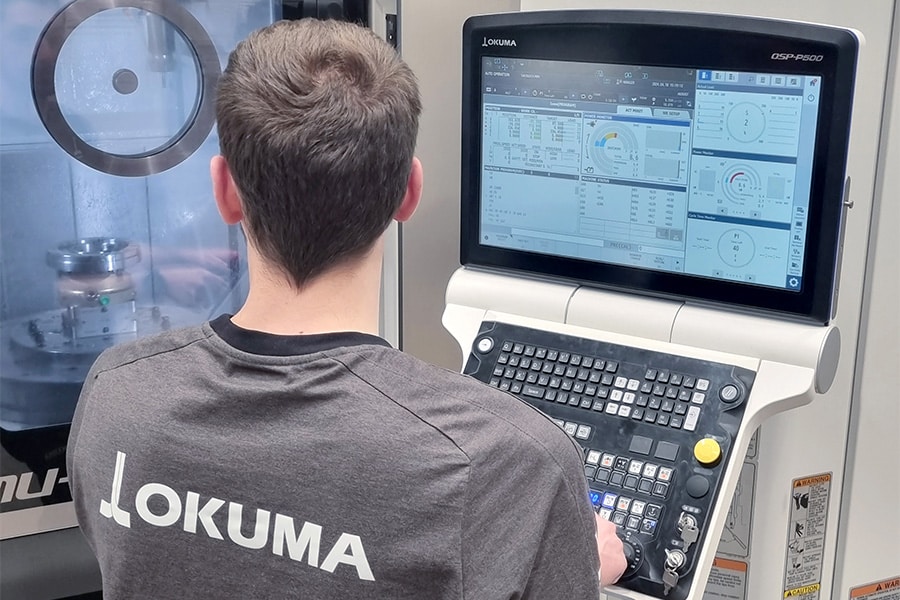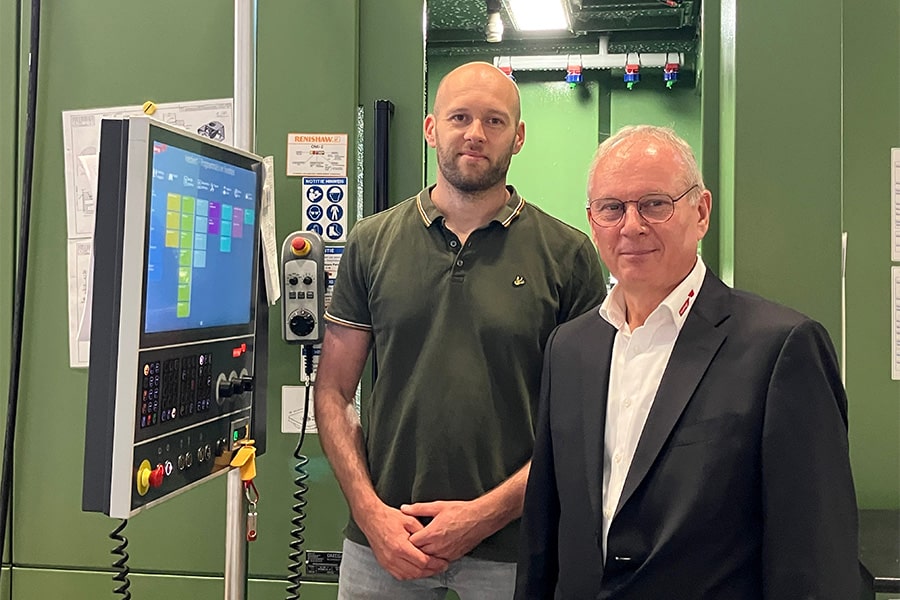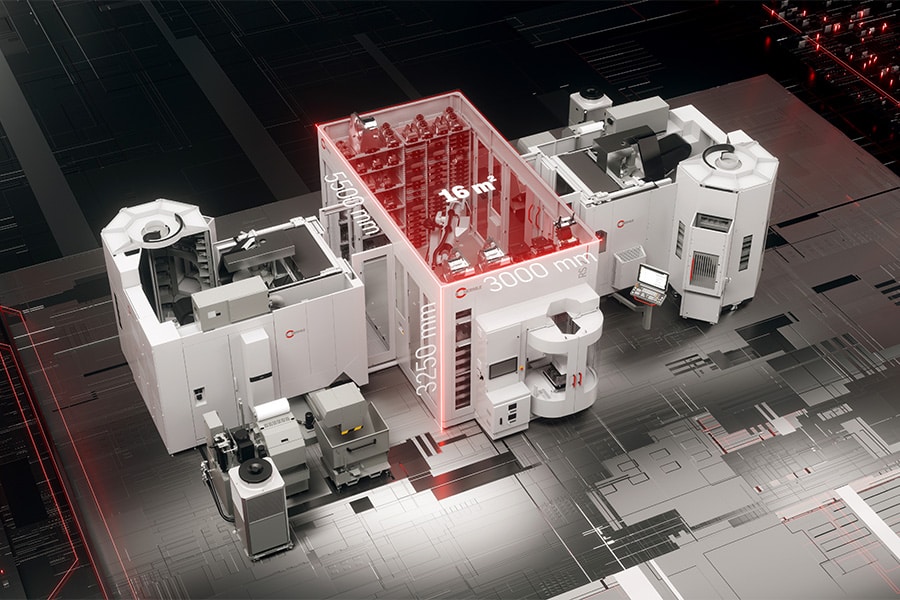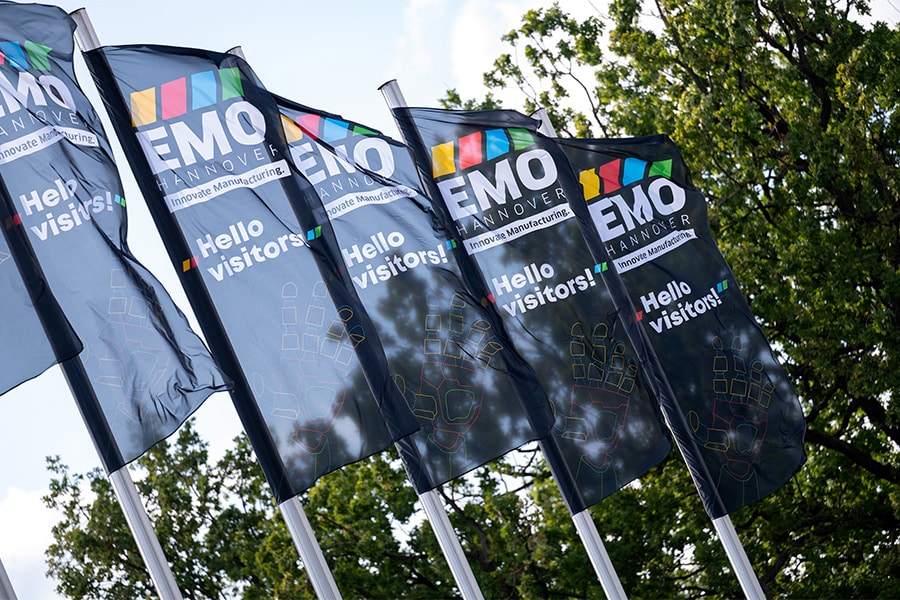
Five years of Siemens Industry Academy: Partnership continues to push for more influx and better outflow of talent
Attention to soft skills should better prepare engineering students for careers in technology
The Siemens Industry Academy, the structural collaboration between business and academia that connects Flemish engineering students and industrial players, is blowing out five candles this year. On the occasion of this milestone, the various partners gathered at the Log!Ville demo and innovation center in Niel, where they looked back at the impact the partnership has already had in education and on the labor market. They also debated how the Academy, from its unique role as a bridge between education and the professional field, can further contribute to increasing the number of students in STEM courses and preparing engineering talent for a promising career in technology.
Since the Siemens Industry Academy was founded in 2019, the initiative has grown into a structured and mature ecosystem that brings industry and higher education together. Today, the network counts more than sixty industrial partners from diverse fields of expertise. Through collaborations with KU Leuven, UHasselt, UGent and University of Antwerp, and using the latest Siemens technologies, these companies find connections to up-and-coming engineering talent, who in turn are prepared for a career in engineering. Partnerships with academia allow 90% of all Flemish industrial engineering students to participate in the Siemens Industry Academy today.
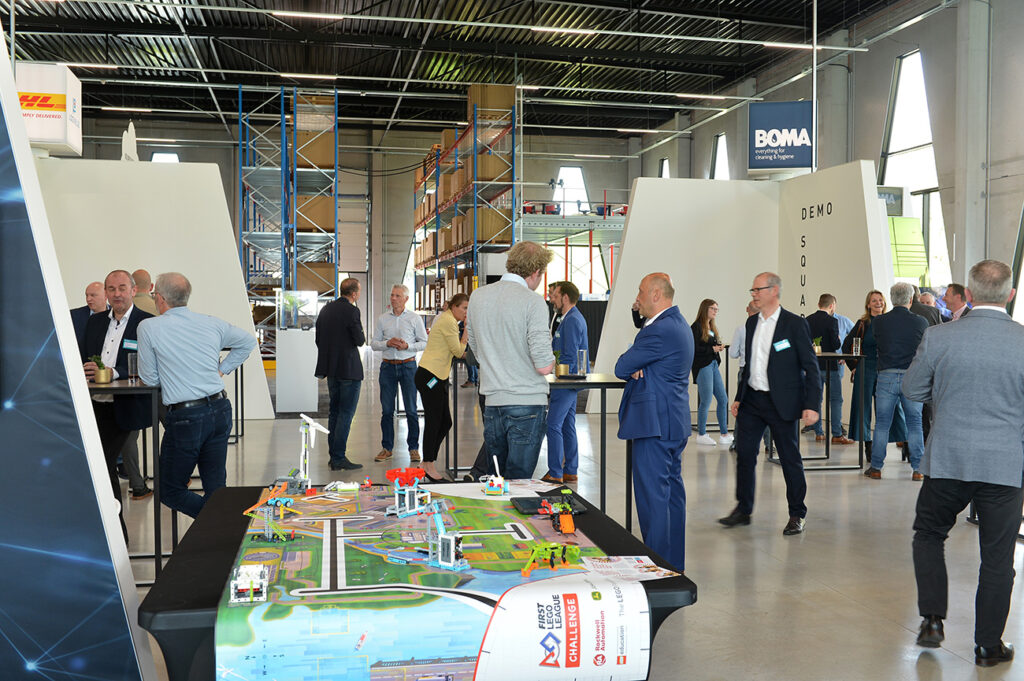
Inflow and outflow
As the initiator of the Siemens Industry Academy, Siemens is not blind to the current challenges that exist in the market with the difficult recruitment of young talent and the decline in the number of students from STEM-related education. Together with its partners here with SIA, Siemens wants to do everything possible to meet these challenges. The event today therefore featured a lively debate on how SIA can further help close the gap between training and the labor market, on top of the efforts it is already making today.
"On the one hand, with SIA we try to contribute to the quality of formation and outflow," testifies Bart Demaegdt, business developer Digitalization at Siemens. "This is why the focus within SIA is primarily on graduate students and the projects they are working on as part of their master's thesis. In that context, they get a quicker taste of the practice at one of our industrial partners and are more quickly employable once they graduate. On the other hand, we also want to increase the quantity of intake into STEM courses. The earlier we excite young people, the better. With Siemens Little Innovators, Siemens has therefore been enthusing the children of its own employees for STEM and a career in technology for eleven years. One afternoon, in collaboration with UCLL, we organize workshops on various topics in line with the duties of an engineer. We also want to introduce this concept to our partner companies so that they in turn can encourage young talents to follow in their parents' footsteps."
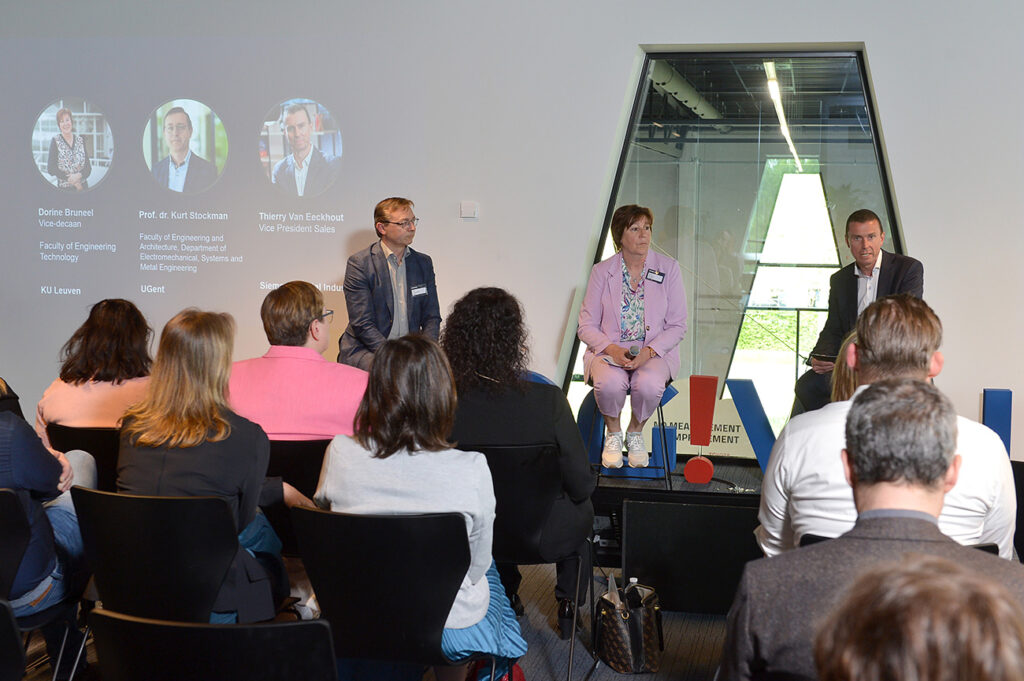
Importance of soft skills
In order to better prepare the engineers of tomorrow for their careers, Siemens and SIA are also increasingly focusing on the development and broadening of soft skills. This was highlighted today at Log!Ville by a debate between various HR representatives from the professional partners, which went into more depth on the modern profile of the engineer and the skills of the future.
"Engineering education still focuses primarily on technical knowledge, but job content has evolved considerably. The tension between generalization and specialization is constantly increasing, while organizations are becoming leaner and more horizontal. As a result, engineers are now more than ever at the table with the customer. Sharpening social skills and soft skills such as giving feedback, delegating, communicating... is just as important, as is paying attention to lifelong learning in the workplace," states Thierry Van Eeckhout, Vice President of Sales at Siemens Digital Industries.
Positive impact
"One of Siemens' priorities is to create impact for our customers, our employees and society, through technology and innovation. A look back over the past five years shows that we have succeeded in this with our Academy. So far, 113 students have worked on 93 projects at 50 companies, including those focused on digitalization, energy management or a sustainability benefit. We want to make technology accessible and therefore offer our partners hardware and software that will be decisive in the field today and tomorrow. In this way, we also have an impact on the curriculum of our academic partners. We notice that the portfolios of universities are systematically being broadened with a focus on new technologies or trends, such as digital twinning, a valuable technology that we are strongly committed to with Siemens," concludes Thierry Van Eeckhout.
Heeft u vragen over dit artikel, project of product?
Neem dan rechtstreeks contact op met Siemens NV/SA.
 Contact opnemen
Contact opnemen
